- Category
- Latest news
Russia Has Launched At Least 36 Double-Tap Strikes Targeting Ukraine’s Civilians and Rescuers
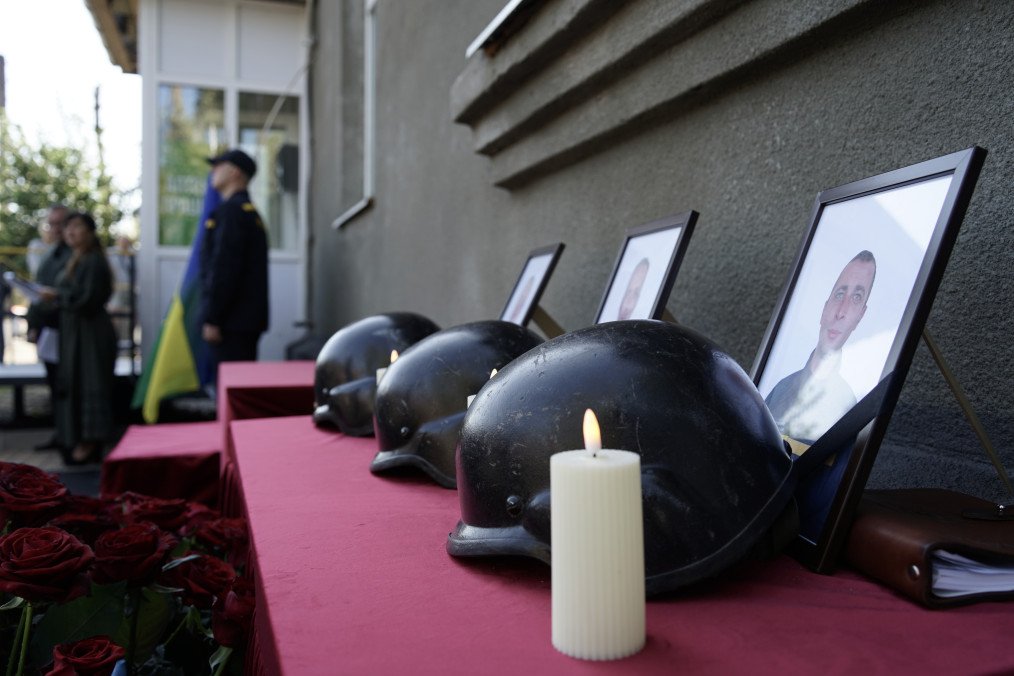
Since the full-scale invasion of Ukraine began in February 2022, Russia has launched at least 36 double-tap strikes on Ukraine with their count possibly reaching 60, reported Ukrainian rights group Truth Hounds on October 31.
These strikes follow a pattern in which an initial attack is followed by a secondary strike, typically targeting first responders, medical personnel, and other civilians who arrive to aid the injured.
In 2024 alone, they documented 20 cases of double-tap strikes, surpassing the combined totals for 2022 and 2023.
The report notes a surge in these attacks following the appointment of Dmitry Klymenko as head of Russia’s artillery forces in November 2023. Klymenko’s history includes involvement in the Chechen wars and Syria, as well as responsibility for a deadly 2015 attack on Mariupol.
This rise in double-tap strikes also coincides with the January 2024 appointment of General Major Alexey Volkov as head of Russia’s Main Rocket Artillery Directorate.
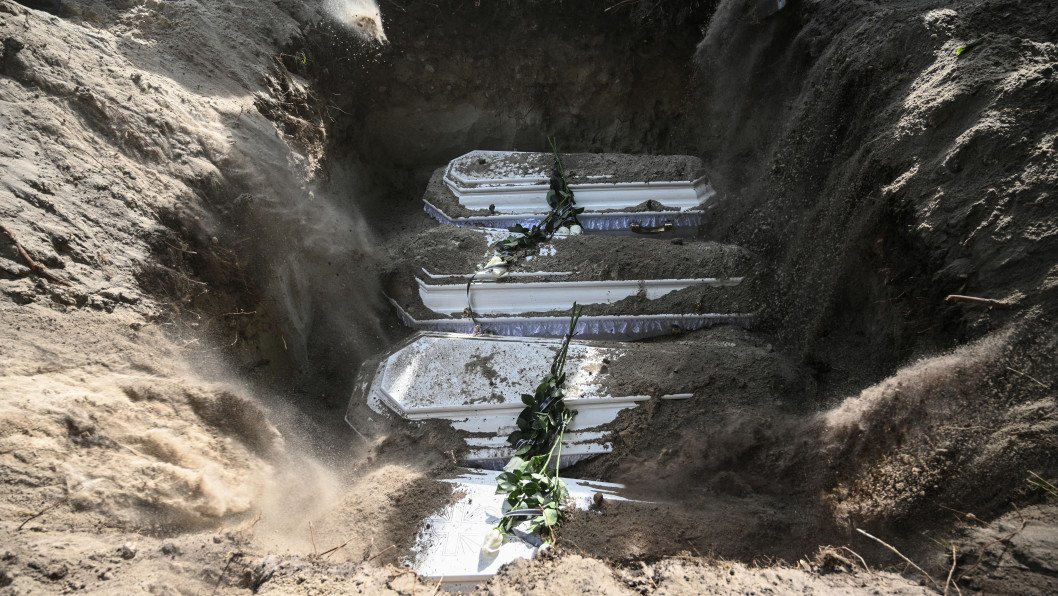
The first verified double-tap strike following the full-scale Russian invasion was on March 1, 2022, targeting the Kharkiv Regional State Administration.
The first missile struck the building at 8:01 a.m., and a second hit 12 minutes later, killing 44 people.
A report from the OSCE found that the second strike deliberately targeted rescuers and the injured, violating Article 41 of the First Additional Protocol to the 1949 Geneva Conventions.
Yet another example of a Russian double-tap strike is the August 7, 2023, attack on Pokrovsk, which saw two cruise missiles launched from the Iskander system.
While it is highly likely that the strikes were organized at a higher command level than the Yug (South) grouping in charge of the region, the responsible missile brigade has not been confirmed, as open-source information does not clarify the launch site.
In at least 20 of the 36 documented double-tap strikes, Ukrainian emergency services personnel were wounded or killed, with the strikes predominantly impacting civilians regardless of the intended target.
The OSCE recently condemned Russia’s repeated use of double-tap attacks in Ukraine, calling this tactic a “particularly insidious form of assault” that breaches rules of international law.
On April 11, 2024, UN official Edem Wosornu condemned such attacks, stating they were “cruel, malicious, and must stop.”
Days later, the US and Canadian OSCE delegations highlighted the growing frequency of these attacks, and on June 11, the European Union denounced them as flagrant violations of international norms.
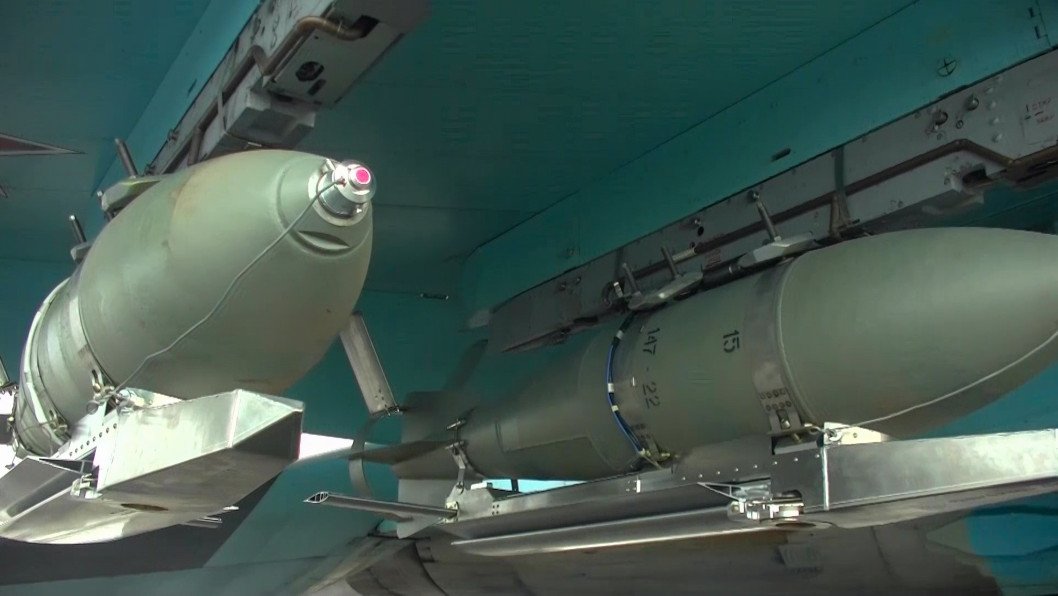
According to Truth Hounds, Russian forces have increasingly relied on precision-guided missile systems, particularly the Iskander (9K720) ballistic missile system, for these attacks.
The Iskander’s high precision enables it to hit the same target multiple times. Among the various munitions employed, the 9M727, 9M728, and 9M729 cruise missiles and the 9M723 ballistic missiles are frequently used in double-tap strikes.
According to the report, the responsibility for these strikes falls under the newly formed Joint Grouping of Russian Forces in Ukraine, established in mid-2022.
Organized into regional commands—Zapad (West), Center, Yug (South), Vostok (East), and Dnipro—each controls military operations over specific front-line areas.
Since January 2023, General Valery Gerasimov, alongside deputies Colonel-General Alexey Kim and General Oleg Salyukov, has overseen these operations, approving targeted missile strikes with prior planning that sometimes occurs over a day before the actual launch.
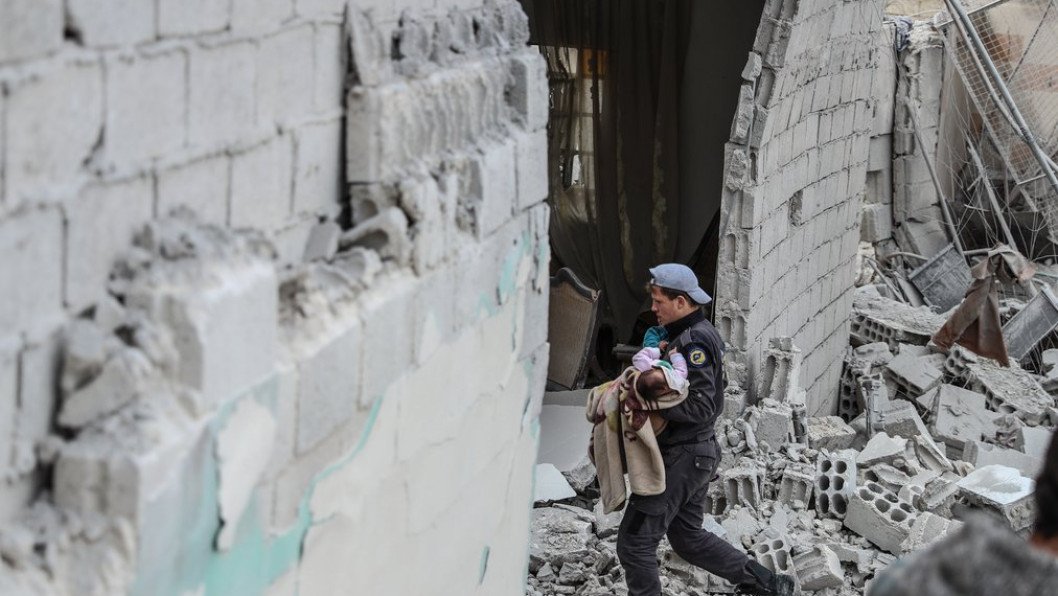
The UN Office of the High Commissioner for Human Rights (OHCHR) emphasized in its May 2024 report that such double-tap strikes violate international humanitarian law.
OHCHR notes that targeting first responders is “particularly insidious,” and if these attacks deliberately aim to kill or injure civilians providing aid, they constitute war crimes.
“Emergency responders and civilian police are protected under international humanitarian law,” stated OHCHR.
“Any renewed attack on the same site where medical and other emergency personnel are known or anticipated to be present raises serious concern over the failure to exercise necessary precaution, resulting in harm to civilians.”


-72b63a4e0c8c475ad81fe3eed3f63729.jpeg)
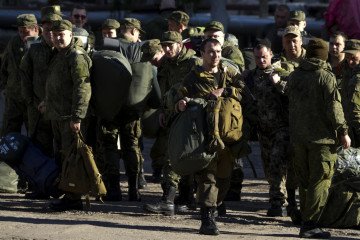


-111f0e5095e02c02446ffed57bfb0ab1.jpeg)